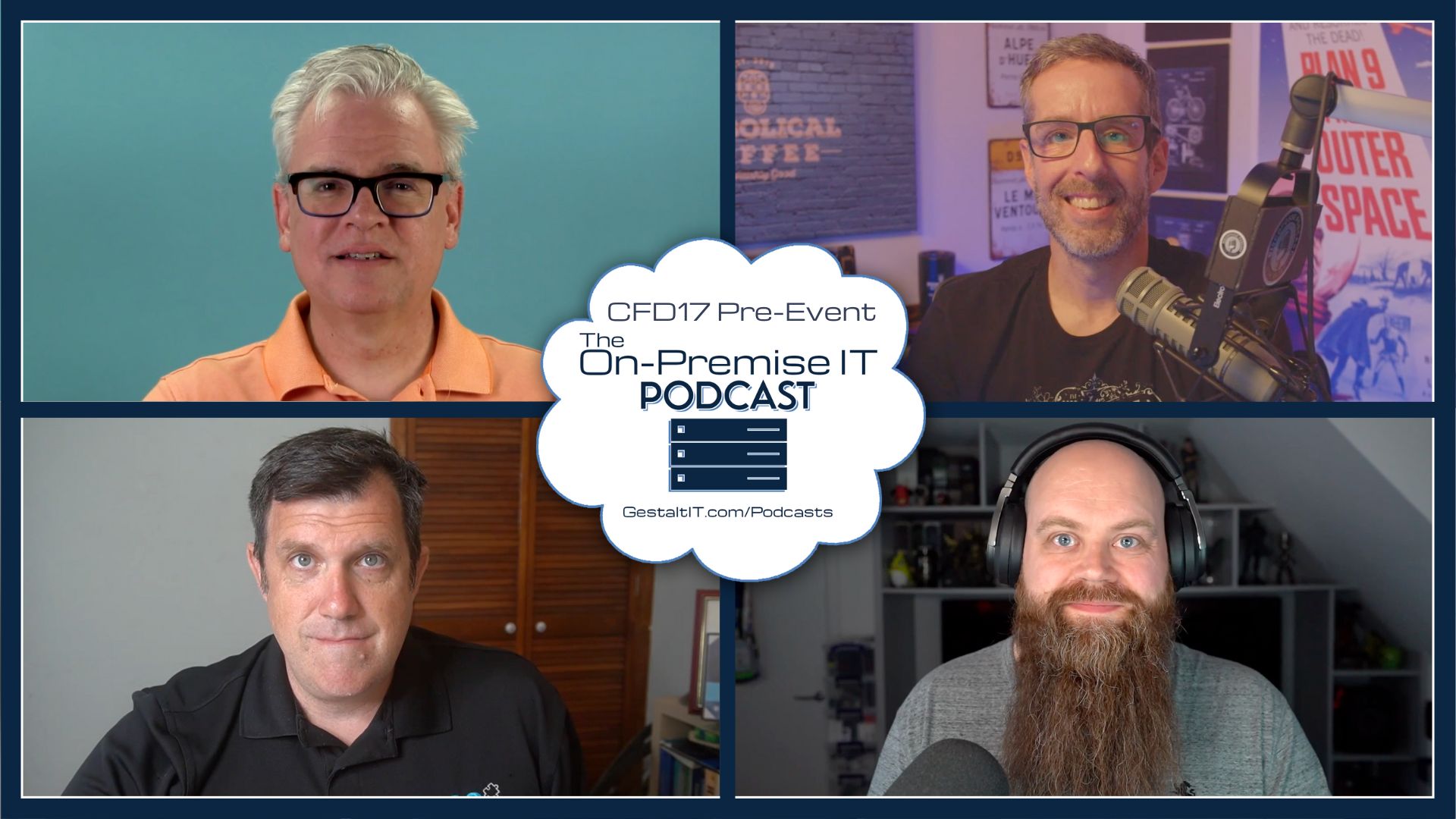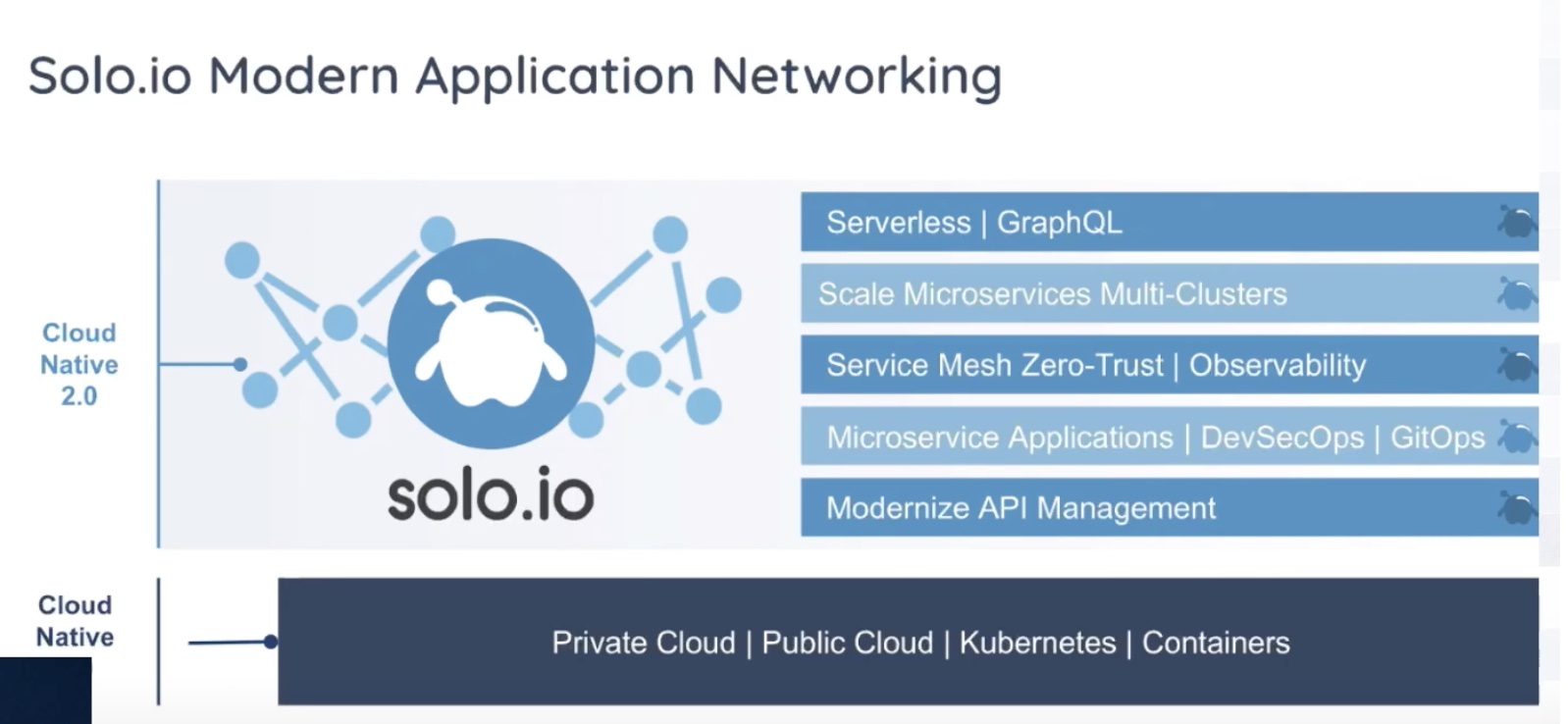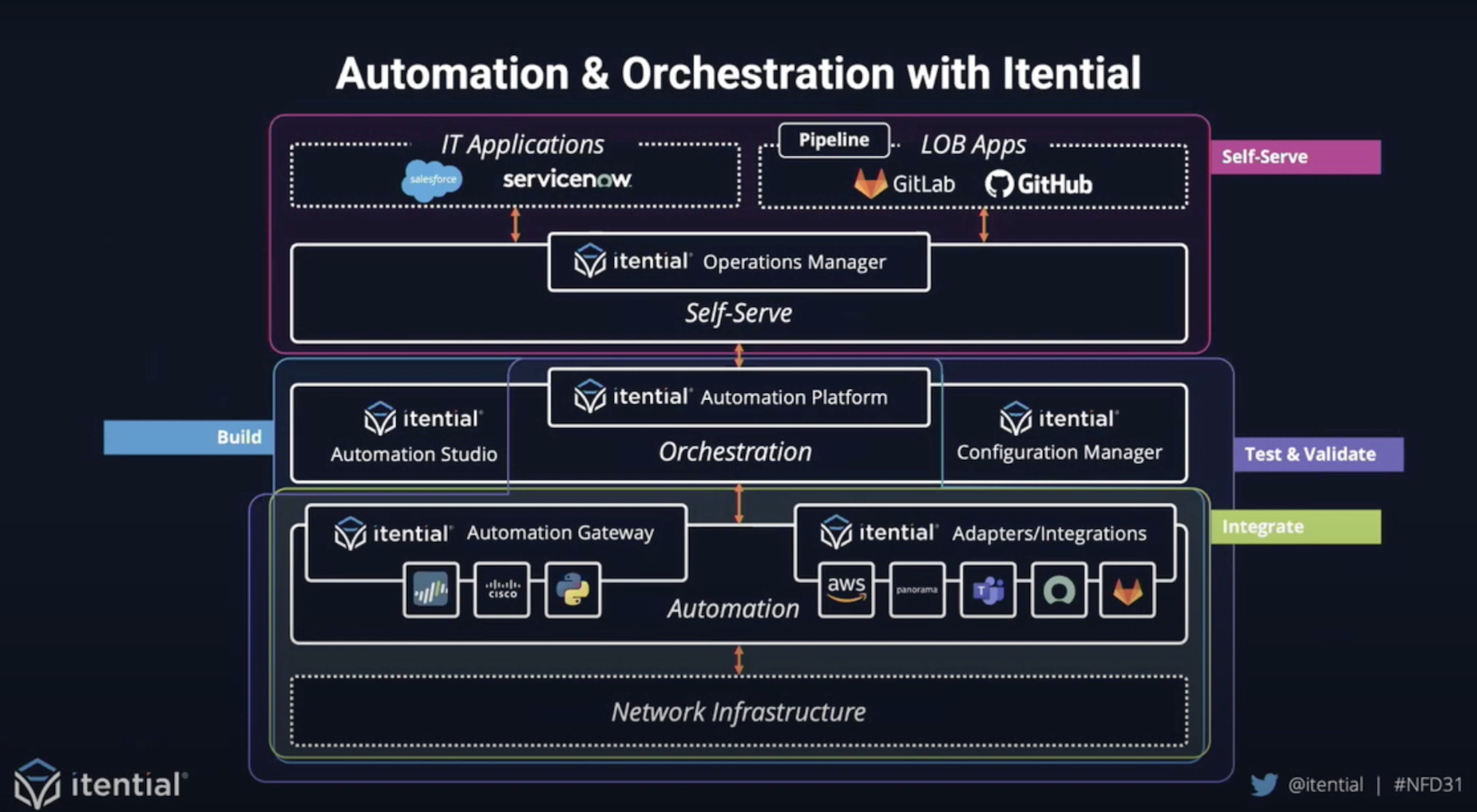Service Mesh is a networking tool primarily used in cloud or cloud-native environments like Kubernetes, enabling secure communication between services and applications within dynamic network environments. It addresses the challenge of limited IPv4 addresses by facilitating app-to-app communication and integrating with authentication and authorization methods for enhanced security. While Service Mesh implementation can be complex and requires organizational alignment, fully embracing it as a practice can unlock its value in terms of improved application performance, secure communication, and automation.
Service Mesh: Revolutionizing Secure Communication and Automation in Cloud Environments?
Stephen Foskett caught up with Eric Wright about service mesh during our recent Cloud Field Day event in Boston. Service Mesh is primarily found in cloud or cloud-native environments, especially containerized Kubernetes. It facilitates communication between applications within dynamic network environments, focusing on service-to-service communication rather than external-facing interactions. Service Mesh addresses the challenge of limited IPv4 addresses by utilizing dynamic networks and load balancers.
Service Mesh is related to the concept of zero trust architecture. It enables API-driven and automated connections, allowing integration with authentication and authorization methods. This connection to zero trust involves using automated tools for provisioning based on certificates or signers, granting access to the mesh for secure communication through mutual TLS. However, implementing Service Mesh can introduce complexities, often leading to additional networking and service mesh-related challenges.
Many people find Service Mesh complicated and challenging to implement and adapt to. The complexity arises from attempting to architect and scale the mesh for all applications when it may only be necessary for a subset of them. Moreover, successfully implementing mutual TLS can be a significant hurdle. Service Mesh requires collaboration among security teams, networking teams, application development teams, and operations teams, highlighting the need for improved communication and understanding between these groups.
Embracing Service Mesh as a practice and adopting it as the guiding light for development is crucial for deriving value from the tools. It should primarily be driven by security concerns, ensuring secure inter-service and inter-application communication across different networks, including public, hybrid, and multi-cloud environments. Service Mesh presents various drivers, such as automation, dynamic application performance, secure communication, and bridging insecure networks. While Service Mesh tools offer significant advancements, their full value can only be realized through complete adoption and utilization.
Eric emphasizes the need to automate processes like secret management, which significantly enhances the benefits of Service Mesh. However, the IT industry often struggles with fully embracing new tools and practices, resulting in suboptimal outcomes. The automated generation and distribution of secrets, along with mutual TLS key generation, highlight the potential of Service Mesh to revolutionize operations. Overcoming the resistance to change and adopting automation can lead to significant improvements in IT practices.
In conclusion, Service Mesh is a networking tool with security implications, enabling secure communication between services and applications. While its implementation can be complex, embracing it as a practice and adopting it fully can unlock its value and provide substantial advancements in application performance, security, and automation.
Connect with Eric
Eric Wright is the Chief Content Officer at GTM Delta and is a podcast host on the Disco Posse Podcast. You can connect with hm on Twitter or LinkedIn and find out more about him on the Disco Posse Podcast website.




